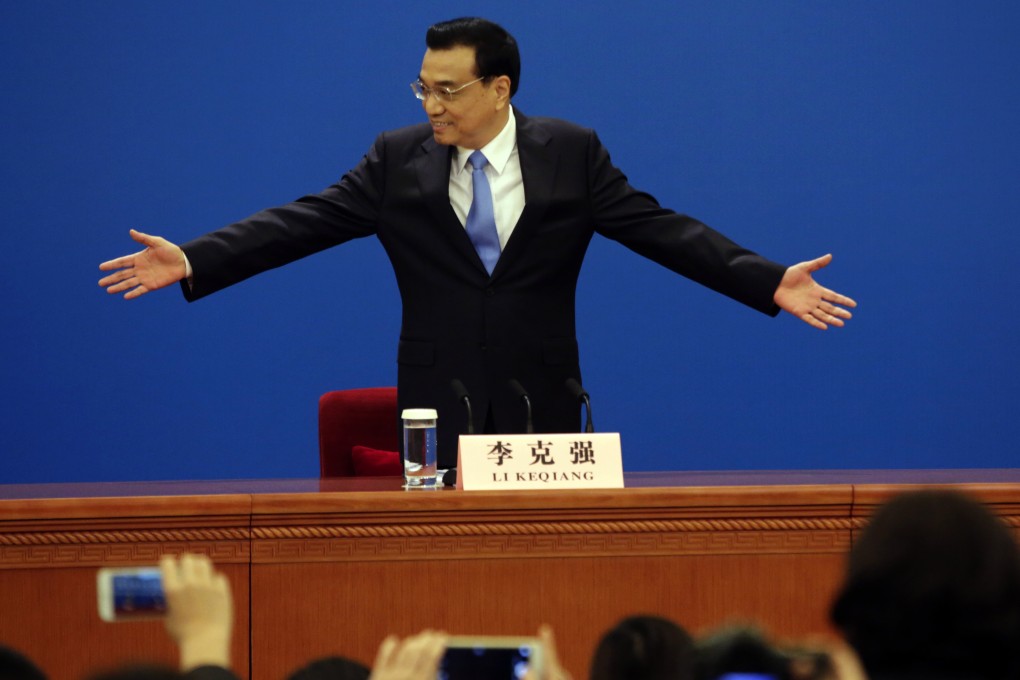Opinion | Inefficient officials must be weeded out to keep China's anti-corruption campaign on track
Hu Shuli says as it becomes harder to make headway, the government must be relentless in its fight against graft or risk disastrous consequences

Beijing's fight against corruption has been going on for two years now. Some significant results have been achieved, with strong public support, but it is becoming increasingly difficult to move forward with the campaign.
Members of the public and government officials need to agree on why the drive must continue. Some officials make only token efforts to perform their duties, supposedly because they fear being caught up in the anti-corruption drive. However, the central leadership must not be deterred. Only by continuing with the campaign, deepening reforms, building a society under the rule of law, and allowing capable and moral officials to do their job, can there be hope for the country.
Some officials simply neglect their duties. It's not a recent phenomenon but it has been getting worse in recent years. The underlying cause can be found in the system itself. Officials have been getting away with acting like this for a long time with no punishment. As a result, government has become less efficient and the authorities in some areas have been crippled. As the economy slows and political reform becomes more urgent, problems cannot be addressed quickly if slackness among officials is not dealt with.
The central leadership is aware of the severity of the problem. At a press conference during the annual National People's Congress and Chinese People's Political Consultative Conference sessions, Premier Li Keqiang highlighted the need to discipline and hold accountable officials involved in misconduct and negligence. Now, the fight against corruption must be strengthened, or it risks failing. Procrastination among officials because of the campaign is malicious, non-cooperative action and shows how some have sought power out of greed. Authorities must carry on with the anti-graft drive.
The root cause of slack governance stems from flaws in the recruitment and appointment process for officials, and how their performance is evaluated. Restrictions on their duties are also insufficient. The main problem is that there has never been an overhaul of how powers are exercised and officials have never been properly encouraged to excel.
Unlimited power and intertwined interests, including nepotism, ties between politicians and companies, and even between politicians and gangsters, have led to the formation of a gigantic network of power and interests, which has not been eliminated despite the anti-corruption drive.
Continuing political and economic reforms could be the best weapon against this. Power of officials must be redefined to ensure they carry out their duties correctly and do not regulate excessively or interfere with the market economy and civil rights.
